How channel companies might enjoy US expansion post-Brexit
"The US national religion is Darwinism – evolve or die"
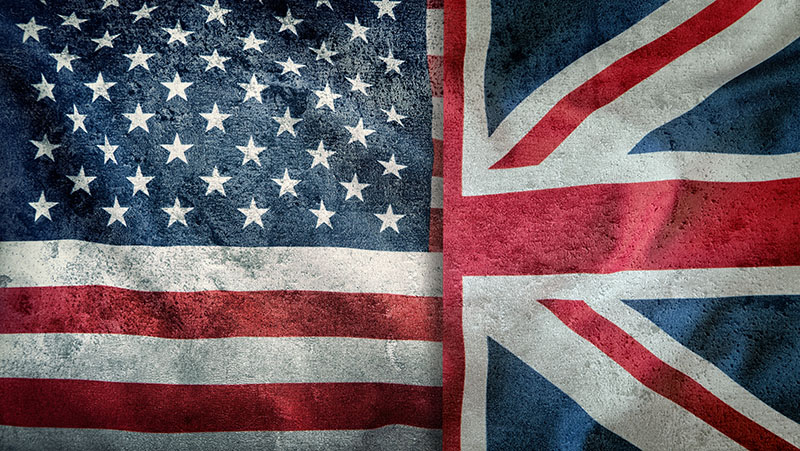
The UK government reckons more SMEs should explore opportunities in the US and beyond – especially after Brexit. Could a channel solutions or services provider do something like that?
Dave Stevinson, managing director at QBS, says the vanilla reseller or distributor would struggle. "Having just been in Silicon Valley for a week, unless you can own the category, you are worth little. Their investors are not looking at double-digit percentage growth but more like 10 or 100 times," he says.
Instead, the channel can develop collaborative networks to take a unique offering abroad. As Agilitas IT Solutions operations director John Street explained to Channel Pro last month, many channel companies are keen to globalise their businesses, but haven't really done much about it. This is notable as many of the practical, logistical and financial challenges can be mitigated, and rewards could include reducing exposure to risk in any one market, and expanded participation across a vendor ecosystem.
Street says Agilitas, with 92 UK-based staff and a Nottingham head office, works with partners across 60 countries to do just that, staying on target to grow their £12m turnover.
"In the US we're seeing more requests, helping predominantly UK customers with their US clients. We've been investing more into our logistics and expertise. Certain countries will always need expertise to move stock in or out – with Brexit that could become the norm, possibly with more opportunities on the US side," he confirms.
Agilitas works with customers and partners across jurisdictions to produce bespoke solutions, with or without products that must be licensed to move across borders. Typically there'll be a framework agreement – perhaps a statement of work – and legal collaboration can be three-way.
"The partner we go to normally depends on the service offering their customer wants, location and time-frame. It's not a one-stop-shop; we have to be agile, delivering a solution in the most cost-effective way," says Street. "If it's complex, whatever it is, we'll turn it into the norm. We've found our US partners more than accommodating in what we've wanted to achieve."
ChannelPro Newsletter
Stay up to date with the latest Channel industry news and analysis with our twice-weekly newsletter
Of course, it's not easy, explains Street, "or everyone would be doing it! But in our experience, it's something that people can do. Companies we do business with have technical engineers in country. What they don't have is the logistics network behind them. They need a partner to do that."
Boots on the ground?
Joanne Farquharson, US expansion advisor at Foothold America's London office, says IT firms often seek her organisation out once they have US clients and want "boots on the ground".
Services, such as SaaS, won't have tax issues after Brexit, she points out. However, if the pound falls, US expansion might get more expensive. IT industry salaries are already 15%-25% higher in the US, with an average of $10,000 a year for health insurance.
"Ballpark? An employee making $100,000 will cost approximately $135,000 after taxes, insurance, benefits, 401k (pension) and administration," she explains. "Yet British goods and services are perceived to be high-quality and innovative. And Americans just love the British."
She agrees that doing business with some 50 states, each with different regulations, employer and corporate tax arrangements, can be daunting. It can help to divide it into regions: the North-East, Mid-Atlantic, South, Mid-West and West Coast; Boston for biotech, New York for fintech, California for AI, and Washington, DC for cyber security.
"A co-employment arrangement may help reduce the tax complexities that come from setting up a US entity. I highly recommend identifying trustworthy partners for tax and labour," she says. "Connect with people who know US regulations and understand UK business. Others may assume a level of knowledge that can leave a UK company exposed."
Farquharson says much credibility can flow from having a US phone number and address on a business card. Foreign-exchange companies like transferwise.com offer US routing and account numbers for payments from US clients. But take it one step at a time, avoiding long-term commitments initially, she says.
"One US-based employee can capture business and funnel it to the UK to deliver the service. You can withdraw without the messy wind-up of a company."
And yes, there are cultural differences. Americans have different communication styles, for instance – and if you don't have US staff, you should count on working late. "US businesses expect immediate access," Farquharson warns.
International marketing consultant Allyson Stewart-Allen, who co-wrote Working with Americans, says British people can run into trouble by assuming too much similarity.
"It's 'how will we cope with success and the scale of demand?' Not 'how can we mitigate against the risks of failure?'" she says, adding that US negotiations are transactional rather than relationship-based. It's about how you can help them profit and grow, and what you can teach them that's beneficial over time.
"The US national religion is Darwinism – evolve or die," she says. "Immerse yourself, and spend time there. Read books, business/trade press, and websites to learn how the market is different: structure, shares, players, and new developments."
Fleur Doidge is a journalist with more than twenty years of experience, mainly writing features and news for B2B technology or business magazines and websites. She writes on a shifting assortment of topics, including the IT reseller channel, manufacturing, datacentre, cloud computing and communications. You can follow Fleur on Twitter.
-
 Why keeping track of AI assistants can be a tricky business
Why keeping track of AI assistants can be a tricky businessColumn Making the most of AI assistants means understanding what they can do – and what the workforce wants from them
By Stephen Pritchard
-
 Nvidia braces for a $5.5 billion hit as tariffs reach the semiconductor industry
Nvidia braces for a $5.5 billion hit as tariffs reach the semiconductor industryNews The chipmaker says its H20 chips need a special license as its share price plummets
By Bobby Hellard
-
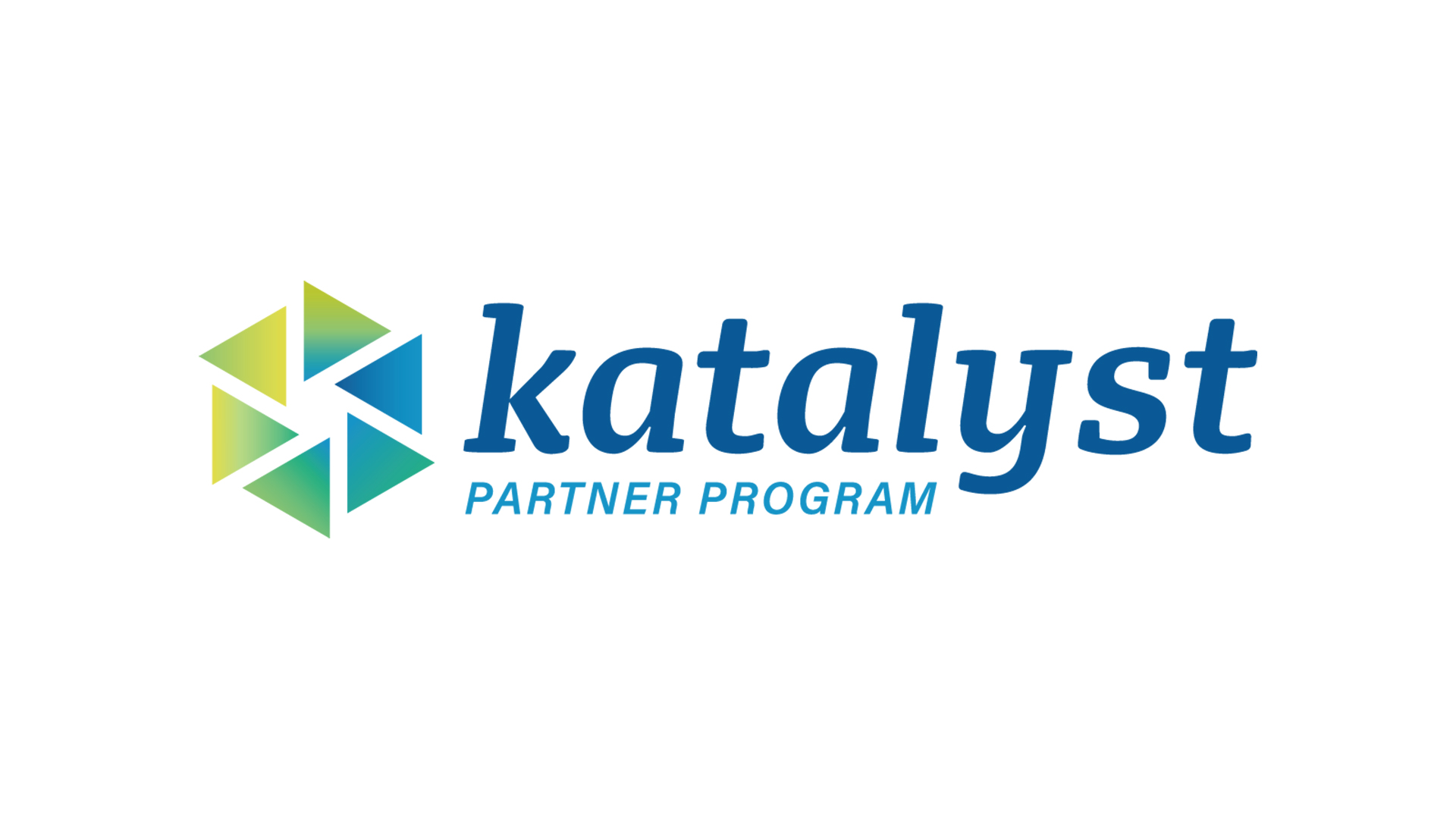 Katun targets accelerated growth, greater collaboration with new partner portal
Katun targets accelerated growth, greater collaboration with new partner portalNews Printing and imaging specialist Katun has announced the launch of its new Katalyst Partner Portal, designed specifically to drive channel collaboration.
By Daniel Todd
-
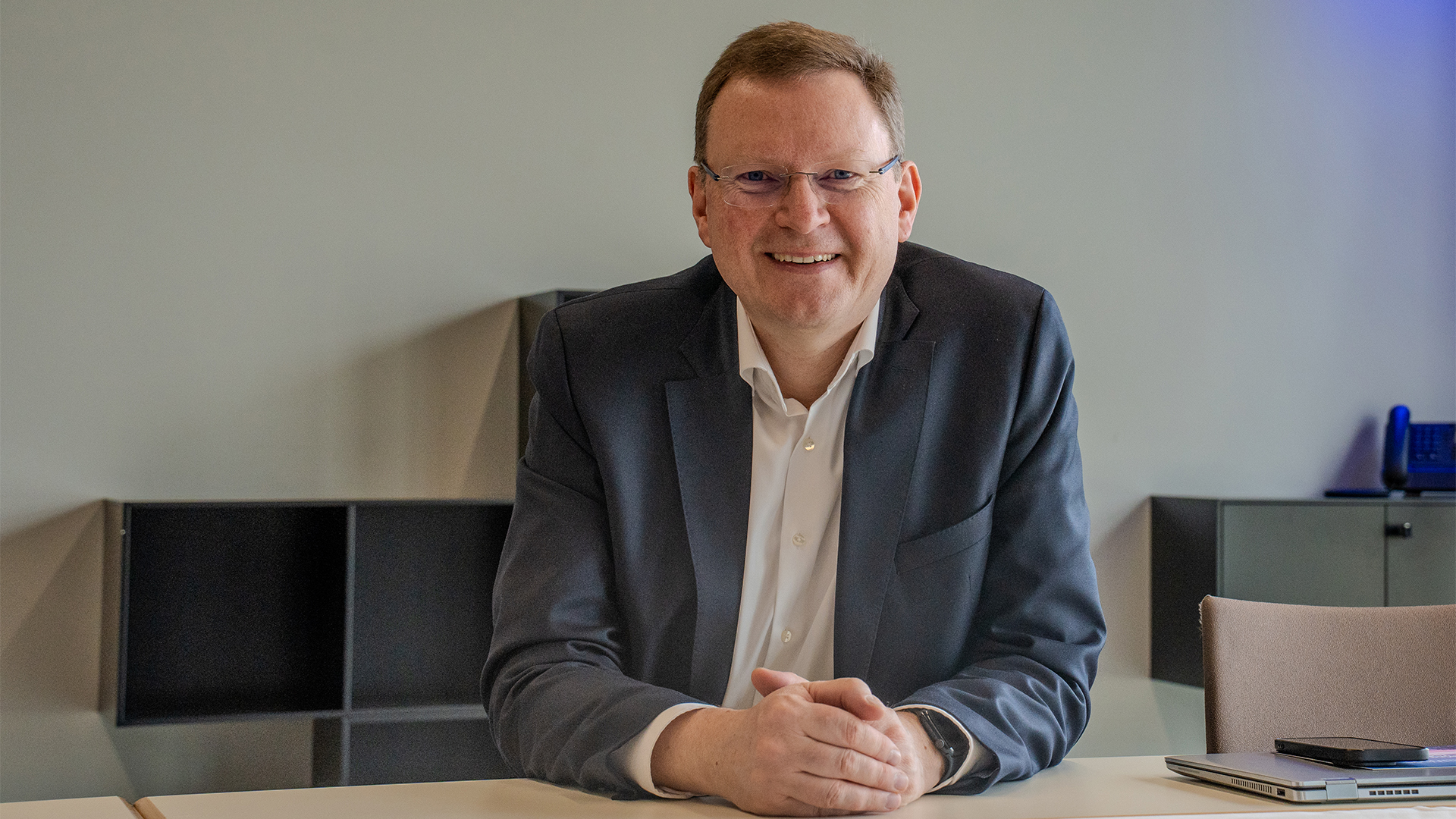 ‘Here in the European market, I think we are in a good position’: DocuWare CEO Dr Michael Berger on the company’s rapid growth
‘Here in the European market, I think we are in a good position’: DocuWare CEO Dr Michael Berger on the company’s rapid growthNews ChannelPro sat down with DocuWare CEO Michael Berger to discuss the company's rapid growth and channel strategy.
By Bobby Hellard
-
 Group-IB launches partner program as channel-first strategy kicks off in Europe
Group-IB launches partner program as channel-first strategy kicks off in EuropeNews The vendor said the initiative reflects its commitment to building a resilient cyber security ecosystem across Europe
By Daniel Todd
-
 Datatonic eyes fresh growth drive with new CEO appointment
Datatonic eyes fresh growth drive with new CEO appointmentNews Datatonic has announced the appointment of Scott Eivers as its new CEO as the enterprise data and AI solutions provider looks to its next phase of growth.
By Daniel Todd
-
 Marketing talent brain drain could stunt channel partner success
Marketing talent brain drain could stunt channel partner successNews Valuable partner marketing skills are at risk of being lost as the structure of channel marketing teams continues to shift, according to new research.
By Daniel Todd
-
 LevelBlue launches new partner program that’s “built for the future”
LevelBlue launches new partner program that’s “built for the future”News The new partner initiative features a flexible, consumption-based model to help partners drive revenue
By Daniel Todd
-
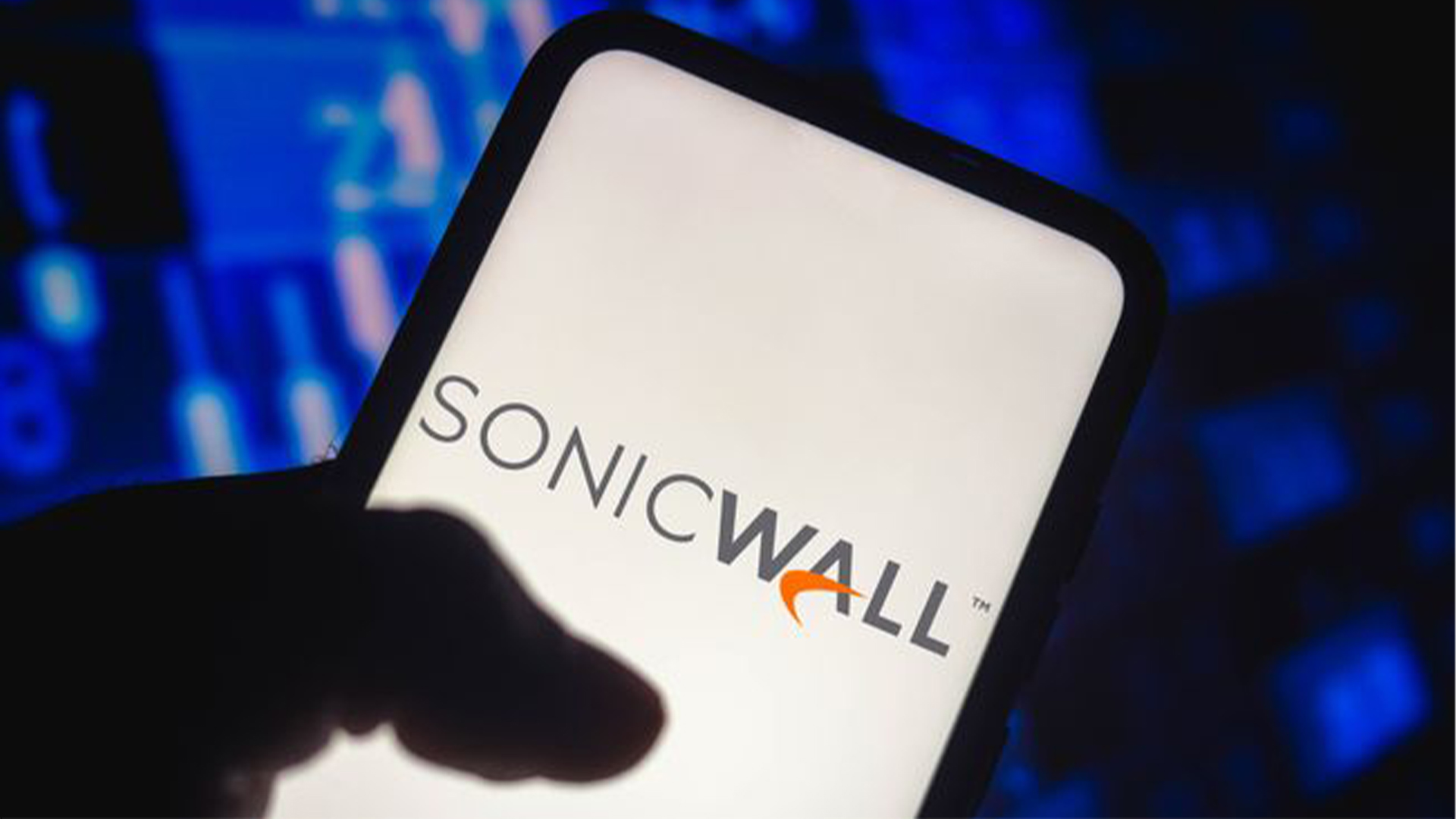 SonicWall pins ‘transformational year’ on strong partner growth
SonicWall pins ‘transformational year’ on strong partner growthNews The vendor’s channel-first strategy has fueled a 42% year-over-year increase in overall partner growth
By Daniel Todd
-
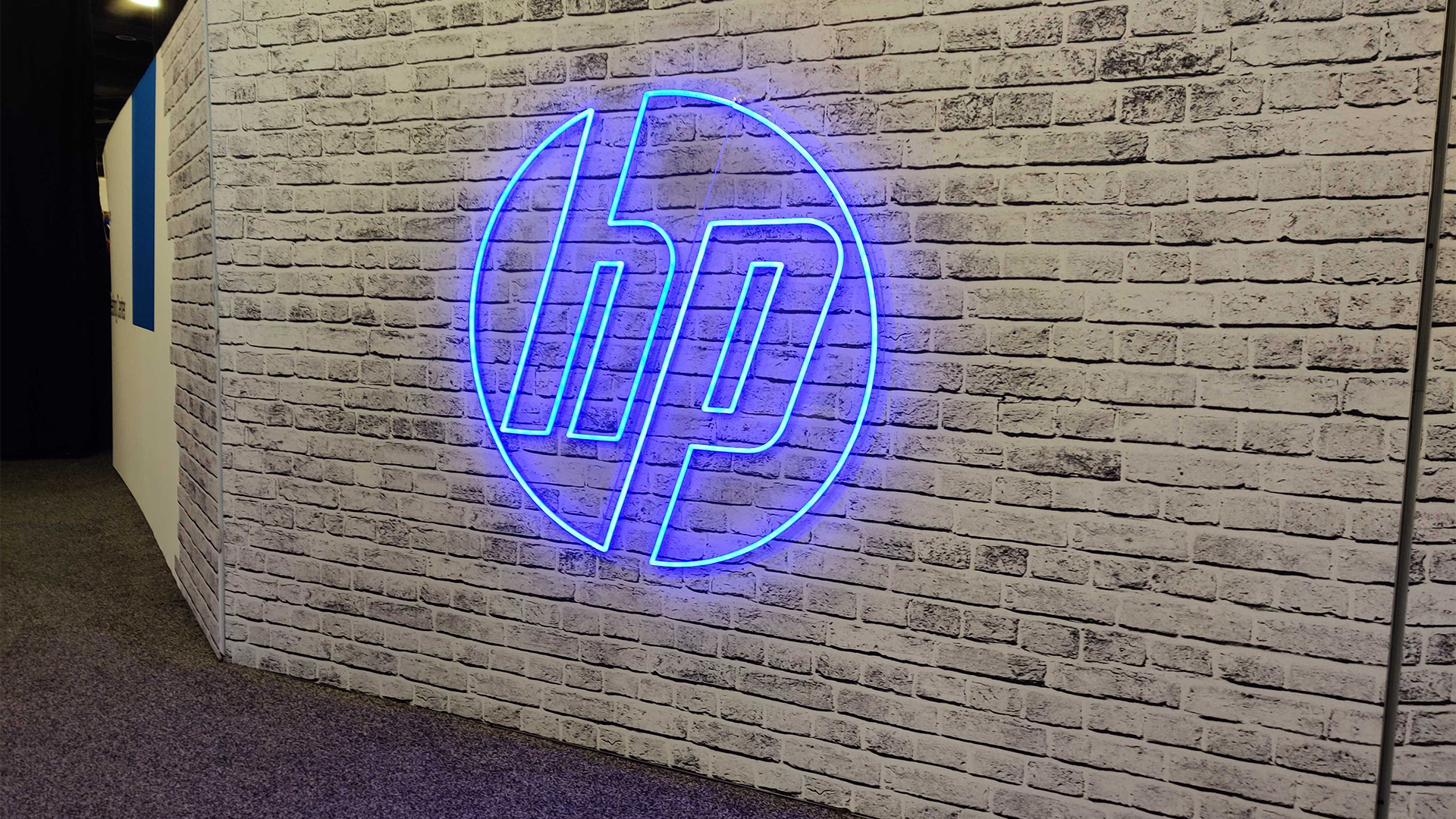 HP’s sustainability drive is paying off for channel partners
HP’s sustainability drive is paying off for channel partnersNews Channel partners that bought into HP’s sustainability program saw sales increase as customers react positively
By Solomon Klappholz